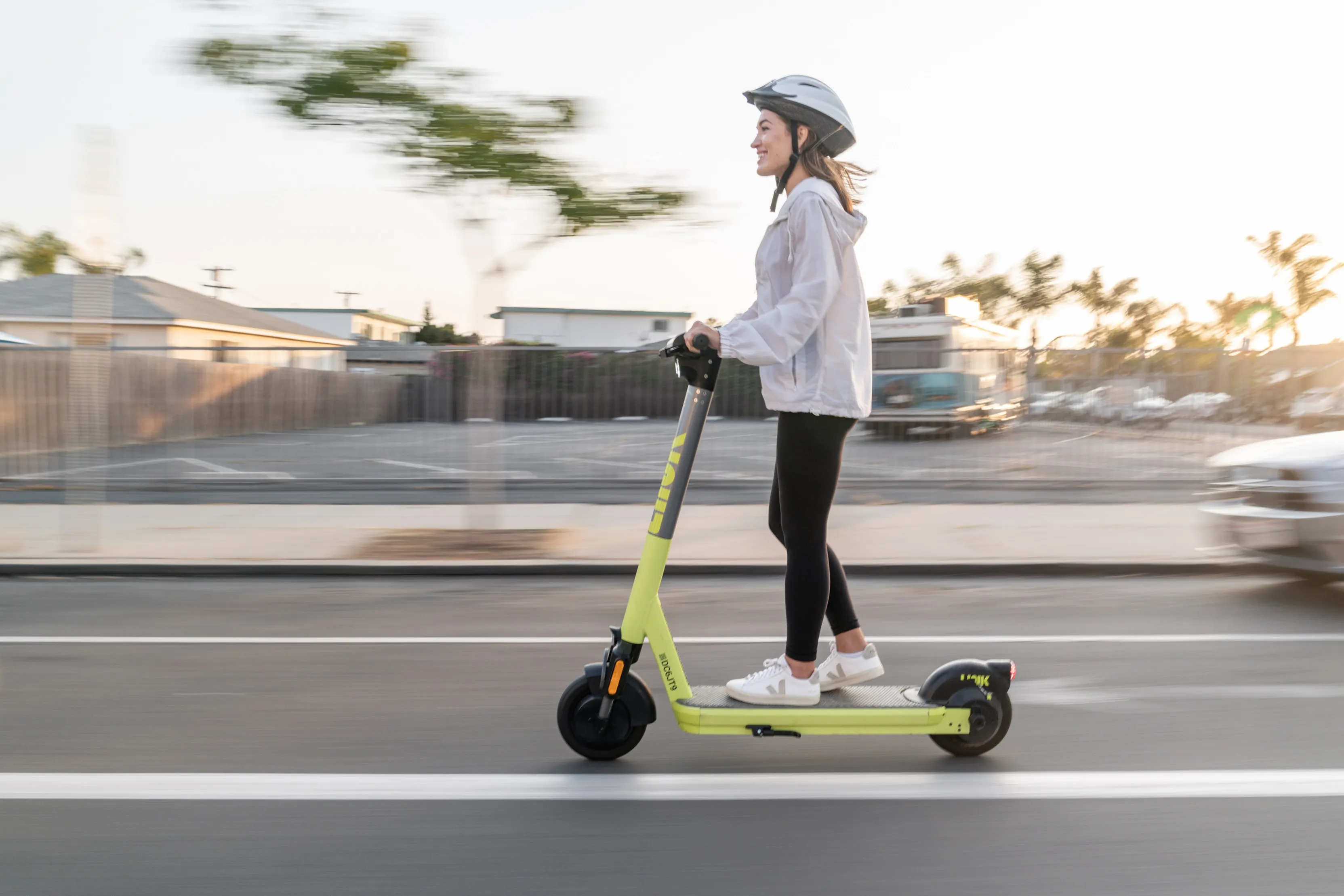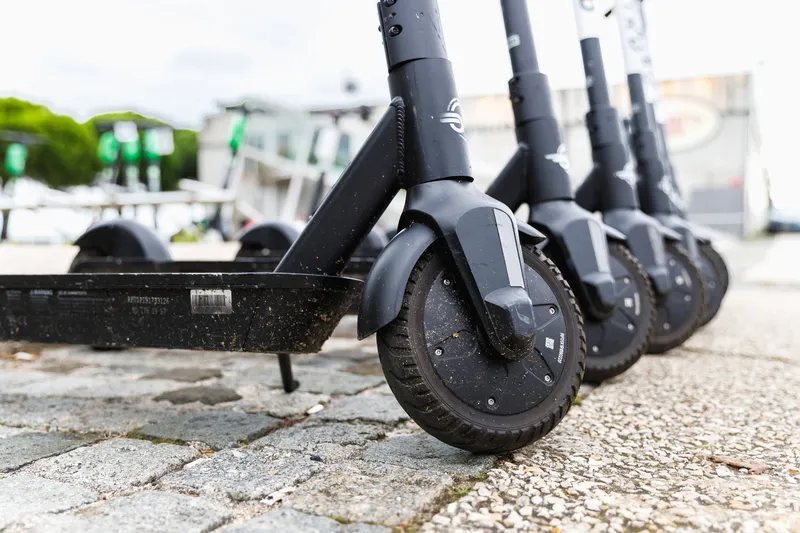
E-scooter firm Superpedestrian is partnering with the German city of Nuremberg for the next five years.
The micromobility specialist closed its US operation in December, but its European business was acquired in April by Norwegian start-up Surf Beyond.
At the time, the firm said: "With operations back on track, residents in cities like Palermo, Torrevieja and Linz can once again enjoy convenient and sustainable urban mobility with Link/Superpedestrian scooters."
The deal to run its Link shared e-scooters now continues with "new operational conditions" in Nuremberg.
These include the introduction of dedicated parking 'corrals' in the city’s historic centre; a fleet cap of 800 vehicles per operator for a city total of 4,000 vehicles; and a commitment to share real-time ridership and parking data.
The contract was signed with Nuremberg mayor Marcus König, "solidifying our commitment to delivering sustainable, safe and high-quality micromobility solutions to the city", Superpedestrian said.
The company adds that it will "collaborate closely and continuously" with the city "to keep on improving the programme for the benefit of all residents and visitors of Nuremberg".










